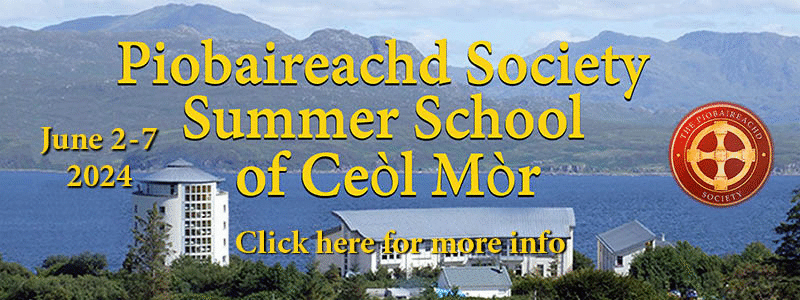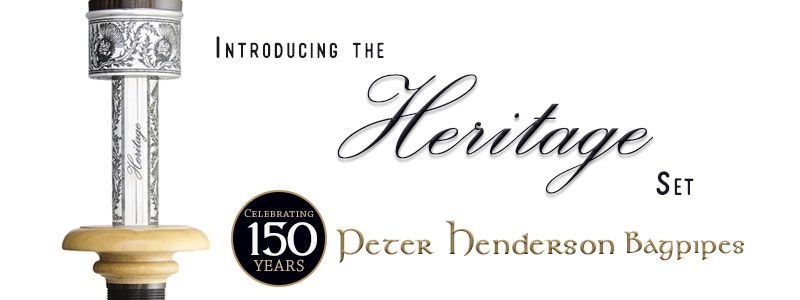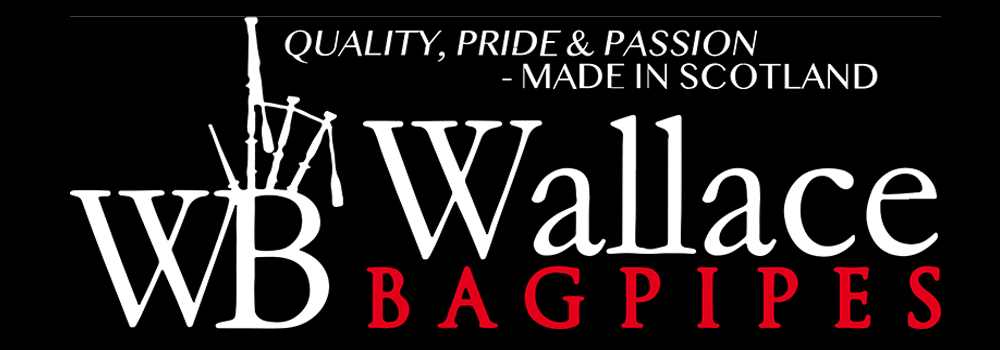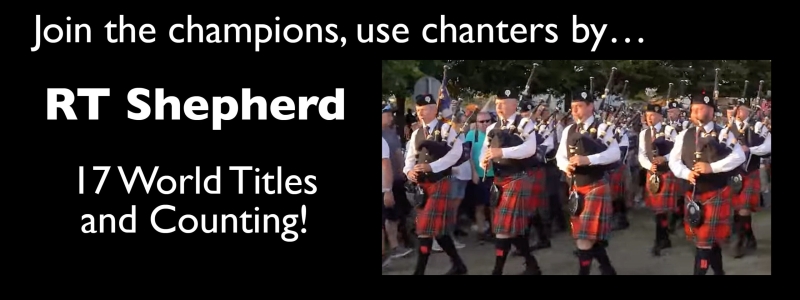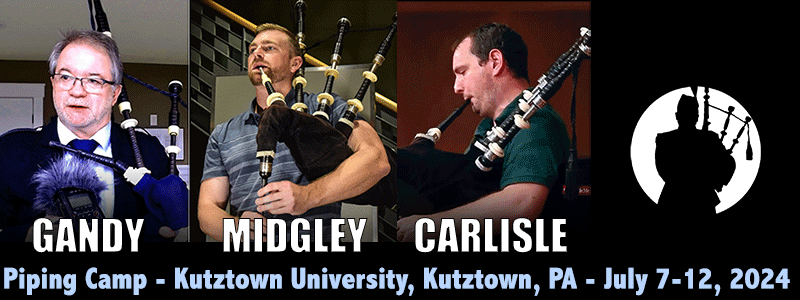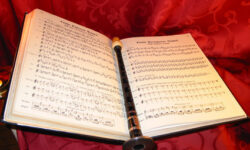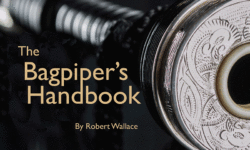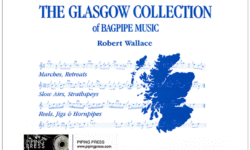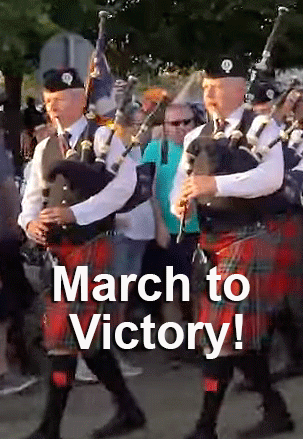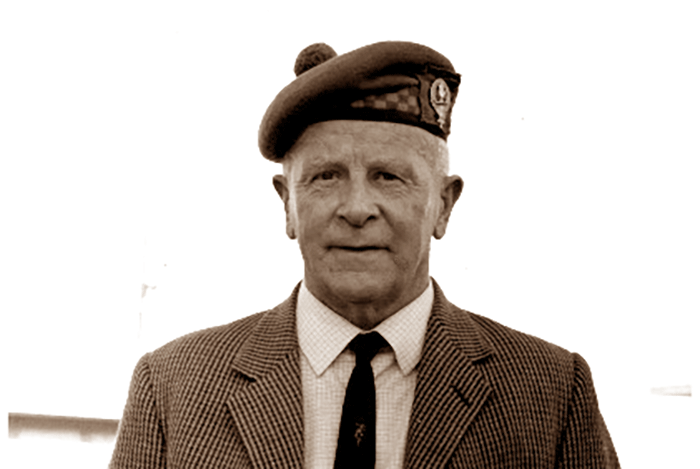
We continue with our tributes and comments on what proved to be RU Brown, Balmoral’s, final teaching and recital tour abroad to Australia. This is taken from the South Australian Pipe Band Association’s Newsletter….
It is with sadness that I [Ern Dowler, Vice-Principal Piping, South Australia] write these few words to the unforgettable memory of Pipe Major RU Brown and of experiences shared with him, above all his wonderful knowledge of the ancient music of Scotland and his superb fingering ability, which was absolutely fantastic for a gentleman of his age.
I attended his first recital, the Piobaireachd Evening, and was more than impressed by his meticulous tuning…He knew his pipes and while he tuned them he was oblivious to everyone around him until he had them to perfection.
The evening went all too quickly despite P/M Brown playing well past the hour programmed for the recital. Later his piobaireachd lessons were invaluable…here was a master of his art passing on his technical skill as well as telling us that piping comes from within and that knowledge passed on is sacred to piping.
Noel Geeson, piper: Pipe Major Brown confessed that the prime object of his visit to South Australia was the teaching of piobaireachd and 29 of us took advantage of this opportunity … On Friday March 18 we discovered many skills and techniques needed to prepare reeds for use, tune and care for the pipes and get them in the best condition for playing. During this part of the course we learned many ‘trade secrets’ that are usually guarded by the experts.
On the Saturday P/M Brown prefaced his lesson by explaining that a common fault with the playing of piobaireachd was that there was often no light and shade in the rhythm. Part of the fault lies in playing from staff notation without taking heed of the ‘oran’ or song which is more flexible than rigid barlines.
In order to rectify this, each tune was sung to show the phrasing of the music and the subleties of rhythm. On the Sunday, with most of us mentally exhausted, we ended the course by singing MacIntosh’s Lament and the whole of Port Adelaide’s Caledonian Hall rang with music full of meaning and emotion.
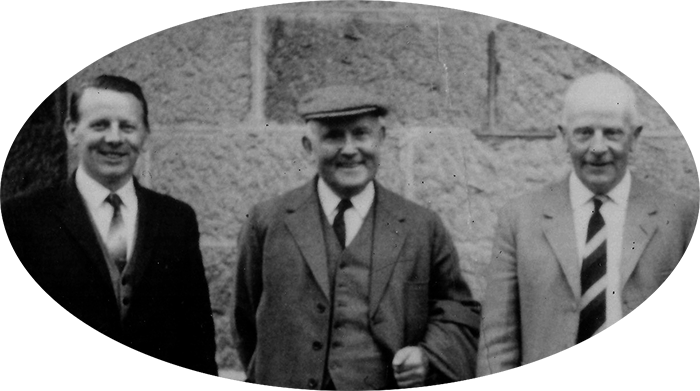
Joy Craill, piper: The Royal Caledonian Hall was the venue for the second recital. Standing by the door waiting to play Pipe Major Brown said he shared our nervousness but commented: ‘Once you begin, think only of the enjoyment which the music itself gives, otherwise you would not be playing at all.’ This was typical of the way he was so friendly and helpful.
The highlight of the evening came with P/M Brown’s appearance playing on his beautiful singing, mellow instrument. During the evening he commented on the playing of marches and strathspeys saying that sometimes too much emphasis was placed on the strong beats making the timing too jerky and heavy. Music must be flowing and melodic at all times.
Craig Masson: On Friday 3rd March a small group of men had a chance to meet the Queen’s Piper, P/M RU Brown, over dinner. It was perhaps he who enjoyed it most of all for it was one of the few occasions when he was not pestered by questions concerning the Royal Family. He was, he said, simply a gamekeeper and a fisherman whose duty it was to entertain the Queen when she so desired – and this is what he did.
At the same time he was able to teach piping and so further the knowledge that only few can perpetuate.
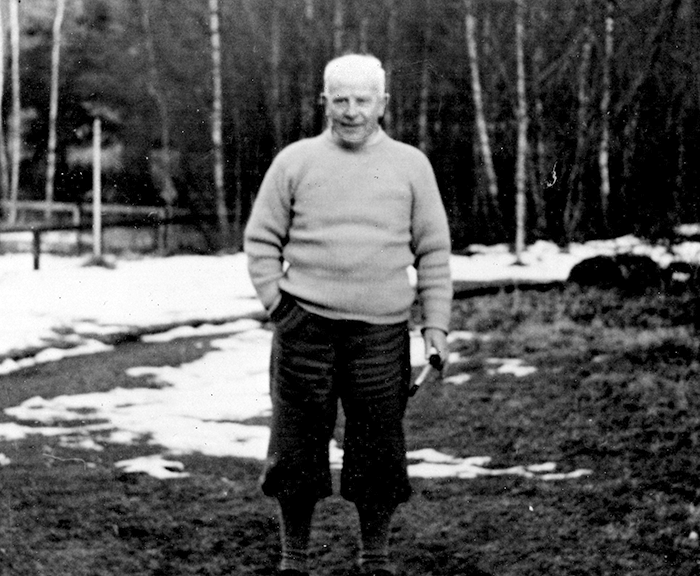
Dorothy Lamont, Vice President: Many who were privileged to hear P/M Brown’s previous recital were anxious to attend the final concert in the Railway Institute Hall. No one who had heard his music could fail but be impressed with the wonderful melodic tones of his pipes.
On this occasion he had forsaken his kilt as his leg was, even then, giving him considerable trouble. During a break he confided that the ‘breeks’ he was wearing were his first and only pair as he had always worn the kilt. He was not a little self-conscious about them and we chuckled together over his discomfiture.
Because of his leg, he asked to be seated in the centre of the hall and set about trying to answer the questions thrown at him from all sides. As always he answered with the quiet assurance that had become so familiar to us in the short time we had known him.
- To conclude.

